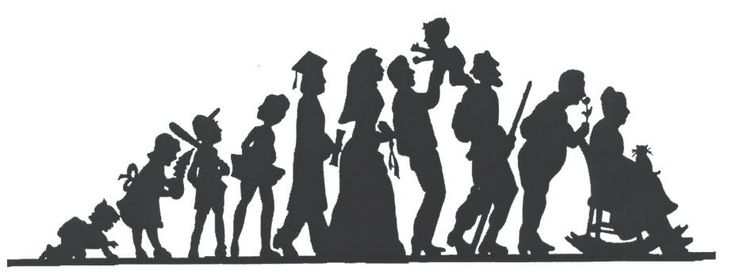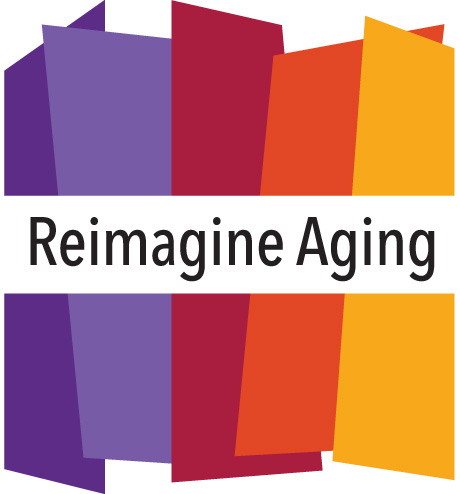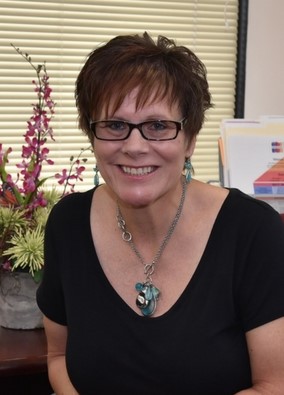By CEO Deb Taylor
Link to article in MinnPost


Of all the various cultural categories we put ourselves into like race, class and gender, our age is unique in that it is in a constant state of change, yet seems to be deeply intertwined with our sense of self. We describe ourselves as a “22-year-old” student, a “middle-aged” parent of two, a “76-year-old” cancer survivor, a “young” man, an “old” woman. Our age acts as a qualifying stamp we put in front of descriptions of ourselves and others.
Part of the human condition means constructing an identity for ourselves, but are we allowing our age to define us too much?
Social psychologists tell us that the construction of identity is deeply rooted in social context, meaning our sense of self is something we negotiate with how we think others perceive us. That doesn’t mean we simply adopt the sense of identity that others project onto us. Instead, we subconsciously take these perceptions into account when forming an image of ourselves.
There’s a dichotomy between how we see ourselves and how others see us, and together these two negotiate our sense of self. For example, people will treat us differently based on our age. There are perceptions of naivety and entitlement with being young, and perceptions of decline and fragility with older age. These ageist notions become especially problematic when we internalize them and allow them to determine how we see ourselves.
The truth is that aging is much more complex than the perceptions of decline we assign it. Because of the way our brain ages, there is little age-related decline in some mental functions such as vocabulary, numerical skills and general knowledge, but other mental capabilities such as aspects of memory, processing speed and multitasking can begin to see decline. There are realities of physical, mental and emotional change that come with age, but it’s a deeply complex process of growth unique to each individual.
Social psychoanalyst Carl Jung writes, “the afternoon of life is just as full of meaning as the morning; only, its meaning and purpose are different.” That is to say, our journey through life doesn’t just peak at a certain age and then slowly fade out.
The number of years we’ve been alive shouldn’t dictate our value or how we view ourselves and others. You can own your age without letting it own you.
These bodies are our homes, but they aren’t all we are. We are so much more than the uncontrollable rhythms life brings us. More than our age, or our ailments and physical limitations. Our agency comes in the way we choose to react to these rhythms, and how we choose to treat others. And because so much of our sense of self is continually moderated by our interactions with others throughout life, the way we change how we think of ourselves has to involve changing the way we treat others.
Let’s do away with tired, lazy stereotypes of smug, entitled millennials attached to their phones with no respect for others and ornery, technologically-challenged seniors with mental decline. By indulging these labels we’re creating a culture where generations will never be able to understand each other. Let’s celebrate ourselves and others for the lives we build, the things we create, our incredible talents, the kindness and empathy we show one another, and our willingness to always try to be better, at any age.

Deb Taylor is the CEO of Senior Community Services, a nonprofit that helps older adults and caregivers navigate aging to maintain independence and quality of life. We provide a wide array of programs.




